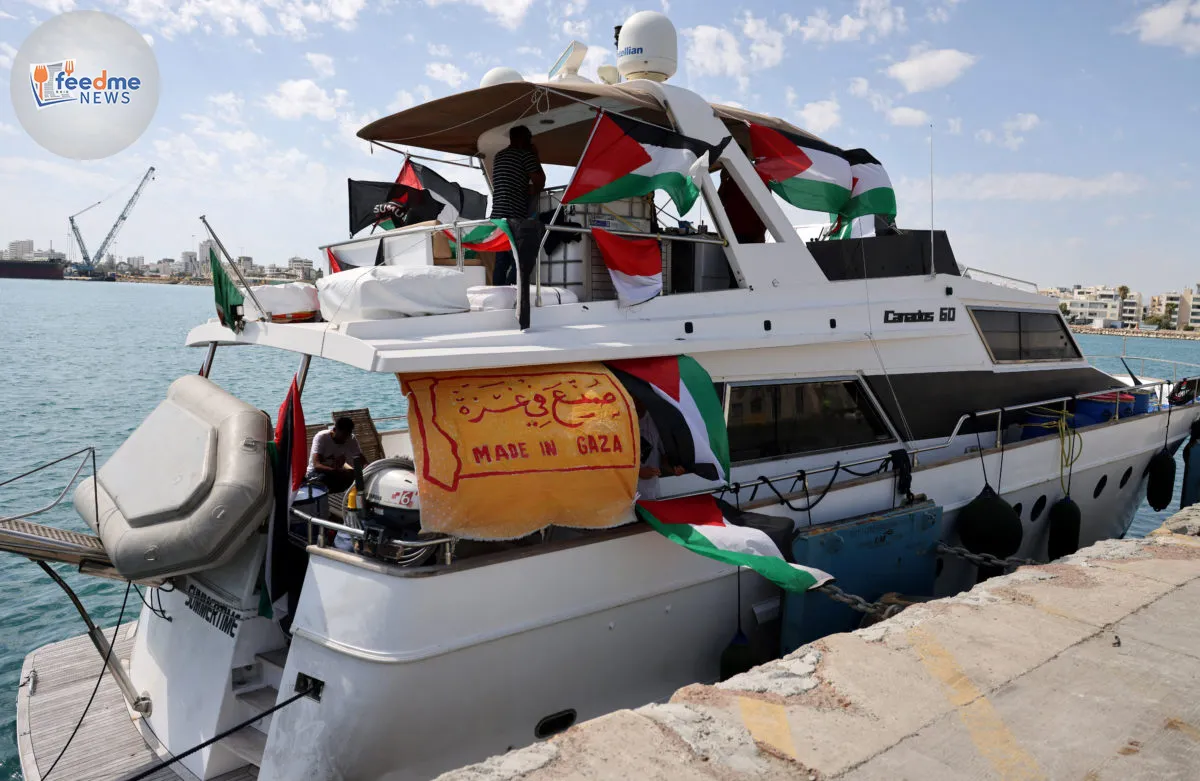Amid escalating tensions between Israel and Iran, US President Donald Trump has refuted claims that he left the G7 summit early to broker a ceasefire. French President Emmanuel Macron suggested that the US had made an offer for peace talks, but Trump countered with assertions of working on something “much bigger” than a ceasefire. This comes after Trump advised Tehran residents to evacuate, further intensifying the situation. The developments have drawn international attention, with the potential for significant geopolitical shifts in the Middle East.
Escalation in the Middle East
The recent flare-up in hostilities between Israel and Iran has raised global concerns. The conflict, which has seen a series of military exchanges, has prompted calls for diplomatic intervention. President Trump’s alleged offer for a ceasefire, as reported by Macron, was seen as a potential step towards de-escalation. However, Trump’s dismissal of these claims suggests a more complex strategy at play. The timing of these events coincides with the G7 summit, where world leaders gathered to discuss global issues, adding a layer of diplomatic urgency.

The Role of Diplomacy
President Macron’s statement about a ceasefire offer highlights the crucial role of diplomacy in resolving the crisis. According to reports, Trump has encouraged Vice President JD Vance and Middle East envoy Steve Witkoff to engage with Iranian officials. The New York Times, citing a US official, noted that Iranian Foreign Minister Abbas Araghchi expressed openness to negotiations. Araghchi suggested that Trump could halt the conflict with a simple phone call to Israeli Prime Minister Benjamin Netanyahu, indicating a path towards diplomatic resolution.
Iranian Perspective
Iranian Foreign Minister Abbas Araghchi’s comments underscore Tehran’s willingness to pursue diplomatic channels. In a social media post, Araghchi emphasised the importance of halting Israeli aggression as a prerequisite for negotiations. He argued that a cessation of hostilities could pave the way for broader discussions, potentially leading to a lasting peace. Araghchi’s remarks reflect Iran’s strategic approach to leverage international pressure and seek a diplomatic solution to the ongoing conflict.
US Strategy and International Reactions
Trump’s assertion of working on a solution “much bigger” than a ceasefire has sparked speculation about the US’s broader Middle East strategy. While details remain unclear, the administration’s approach suggests a long-term vision aimed at reshaping regional dynamics. International reactions have been mixed, with some leaders expressing support for renewed negotiations, while others remain sceptical of the US’s intentions. The situation continues to evolve, with the potential for significant implications on global diplomacy and security.
Impact on Civilians
The conflict’s impact on civilians remains a critical concern. Reports of casualties and displacement underscore the humanitarian toll of the hostilities. Calls for a ceasefire have been driven by the need to protect civilians and prevent further escalation. International organisations and human rights groups have urged all parties to prioritise humanitarian considerations and pursue peaceful resolutions. The ongoing conflict poses a significant threat to regional stability, with potential repercussions extending beyond the Middle East.
Looking Ahead: Prospects for Peace
As tensions persist, the prospects for peace remain uncertain. The international community continues to advocate for dialogue and diplomatic engagement as essential tools for conflict resolution. The involvement of key players, including the US, France, and regional stakeholders, will be crucial in shaping the path forward. The unfolding situation presents both challenges and opportunities for diplomacy, with the potential to redefine power dynamics in the Middle East.
The developments in the Israel-Iran conflict highlight the complexities of international relations and the delicate balance of diplomacy. As the world watches, the actions of global leaders will play a decisive role in determining the outcome of this volatile situation. The potential for peace hinges on the willingness of all parties to engage in constructive dialogue and seek mutually beneficial solutions.






